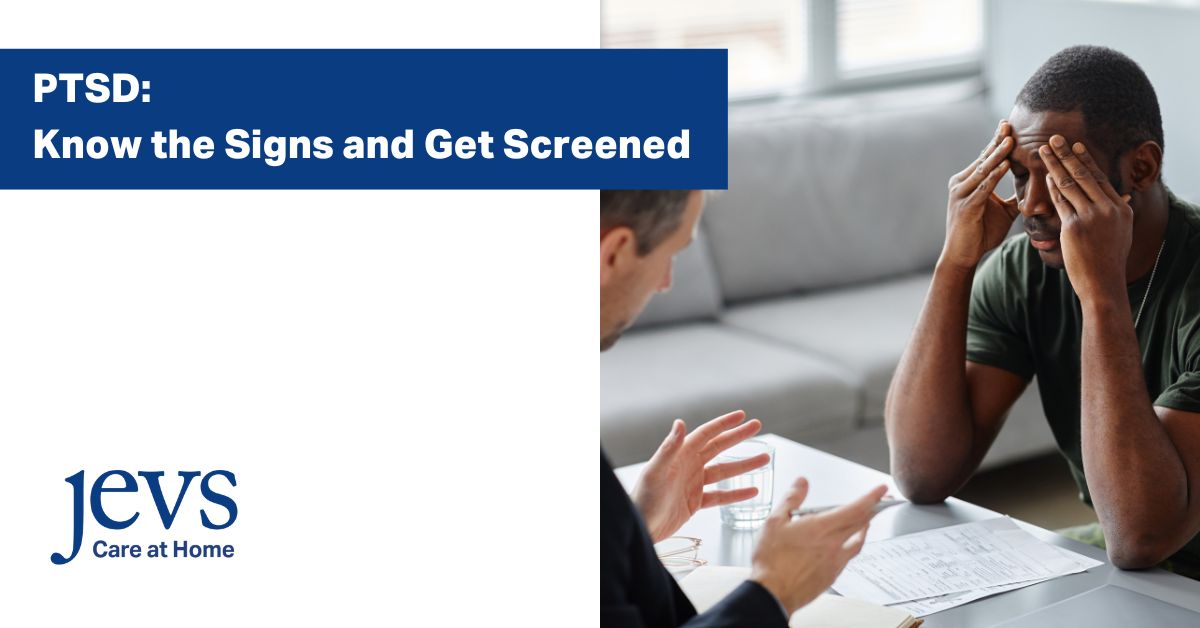By Thomas H.
Many people think of PTSD, Post Traumatic Stress Disorder, as a condition that affects veterans who have been in combat. It’s true that veterans are more likely to experience PTSD, but non-veterans also get PTSD. In fact, anyone who has suffered trauma can develop PTSD.
PTSD Facts
As we recognize June as PTSD Awareness Month here are some essential facts about this condition.
- PTSD can affect anyone, regardless of gender, nationality, or ethnicity.
- A bit less than 10% of people will be diagnosed with PTSD during their lifetime
- Most of us will have at least one traumatic event that could lead to PTSD.
- Women are more likely to develop PTSD than men.
- Members of certain minority groups are more likely to be affected than white males.
SOURCE: American Psychiatric Association (https://www.psychiatry.org/patients-families/ptsd/what-is-ptsd)
Events that can trigger PTSD include natural disasters, serious accidents, physical or sexual abuse, and the sudden death of a loved one, to name a few.
The good news is that many people who experience PTSD recover if they undergo treatment. Treatment can include psychotherapy (talk therapy), medication, and lifestyle changes.
Learning to recognize the signs of PTSD is the first step towards helping yourself or a loved one. If you have had a traumatic experience and you have some of the following symptoms, you should get professional help to find out if you have PTSD.
PTSD Symptoms
- Flashbacks, or feeling like the event is happening again
- Trouble sleeping or nightmares
- Feeling alone or detached from others
- Losing interest in activities
- Angry outbursts or other extreme reactions
- Feeling worried, guilty, or sad
- Frightening thoughts
- Trouble concentrating
- Physical pain like headaches or stomach aches
- Avoidance of memories, thoughts, or feelings about a traumatic event
- Problems remembering
- Negative beliefs about yourself or others
- Irritability
- Feeling vigilant or “on edge”
- Startling easily
SOURCE: adapted from Substance Abuse and Mental Health Services Administration: https://www.samhsa.gov/mental-health/post-traumatic-stress-disorder
Get Screened
If you are experiencing any of the above symptoms, your primary care doctor can do an initial screening for PTSD. Your doctor will ask you a series of questions about events you may have experienced and how you are feeling. Your doctor will discuss the results of your screening with you. If you have screened “positive” for PTSD, your doctor may refer you to a mental health professional. The mental health professional will confirm your diagnosis and speak with you about treatment options.
If you are concerned about symptoms you are having but cannot see your doctor right away, The National Center for PTSD at the US Department of Veterans Affairs (The VA) offers an online “self-screen.” (https://www.ptsd.va.gov/screen/) This screen can help you find out if your symptoms may be related to PTSD. Keep in mind that only a trained health professional can diagnose PTSD accurately.
The most important thing to remember is this: people who get PTSD can recover with treatment. June 27, 2024 is National PTSD Screening Day. There is no better time to find out if you are suffering from PTSD and take steps towards recovery.
Home care from JEVS Care at Home helps adults with disabilities, senior citizens, and others lead full and independent lives. For more information, contact us today: https://www.jevshumanservices.org/jevs-care-at-home-form/
Posted in Blog JEVS Care at Home